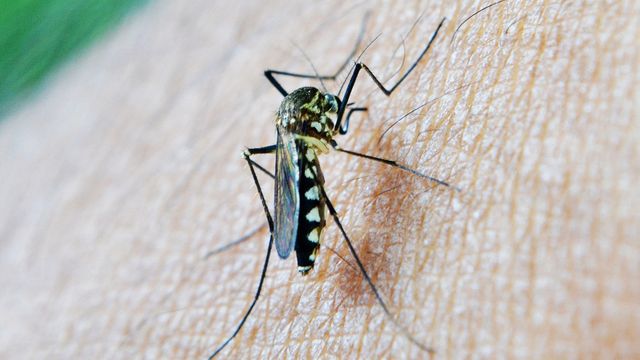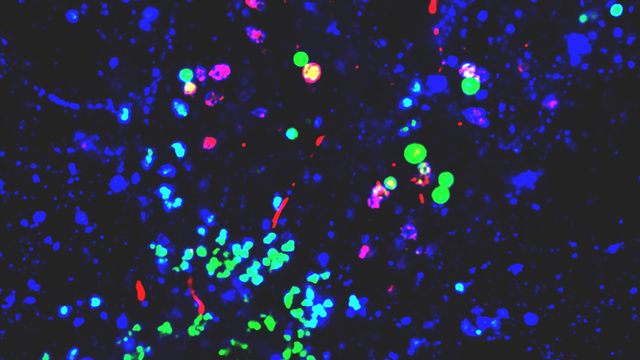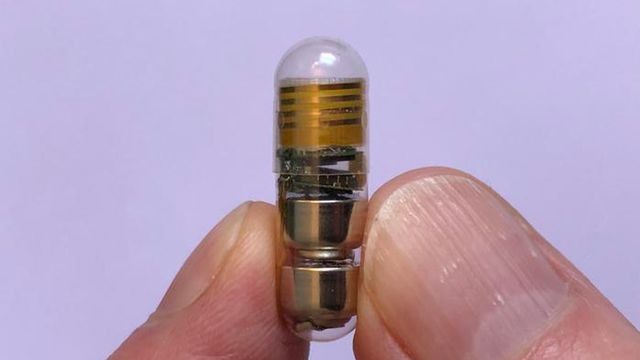Trending News
News

News
Study Finds Higher Liver Cancer Rates in Successive Generations of Mexican Americans
The research analyzed risk for the disease across more than 30,000 Mexican Americans, finding third-generation Mexican Americans 66% more likely to get liver cancer than the first generation.

News
New Method Helps With Analysis of Single-Cell Data
A statistical model that removes background noise from single-cell transcriptomic data has been developed.

News
Uncontrolled Growth Is an Advantage and Weakness for Cancer Cells
ETH Zurich researchers are illuminating what can happen when cells exceed their normal size and become senescent. Their new findings could help to optimise cancer treatments.

News
Adding Soap Boosts Pesticide Effectiveness
Researchers have found that adding small quantities of liquid soap to some classes of pesticides can boost their potency. The discovery is promising news as malaria-carrying mosquitoes display an increasing resistance to current insecticides

News
Mediterranean Diet Reduces Risk of Cognitive Decline in Older People
Older people who follow a Mediterranean diet are at a lower risk of cognitive decline, reports a new study that highlights the biological mechanisms related to the impact of diet on cognitive health.

News
Suite of Genes Influence Head Shape in Humans
Researchers have identified a suite of genes that influence head shape in humans, helping to explain head shape diversity and potentially conditions affecting the skull.

News
What Is the New Weight Loss Drug Zepbound, and Why Has It Been Approved?
The US Food and Drug Administration (FDA) has approved Zepbound™ (tirzepatide) for use in conjunction with a reduced-calorie diet and increased exercise to help obese adults manage their bodyweight.

News
Nanoplastics Create an Environment for Parkinson’s To Develop, Study Suggests
The way in which nanoplastics and a specific brain protein, α-synuclein, interact could create changes in the body that give rise to Parkinson’s disease (PD) and other related dementias, a new study suggests.

News
Novel Pill-Sized Device Can Monitor Breathing From the Gut
Scientists have developed an ingestible device that can safely monitor vital signs like breathing and heart rate from inside humans. The tool has the potential to provide accessible and convenient care for people at risk of opioid overdose.

News
Most Americans Are Oblivious to “Forever Chemicals” and Their Risks
Scientists conducting the first generalized US study on public awareness of perfluoroalkyl and polyfluoroalkyl substances, or PFAS, found most Americans do not know what the substances are or have knowledge of any potential associated risks.
Advertisement






